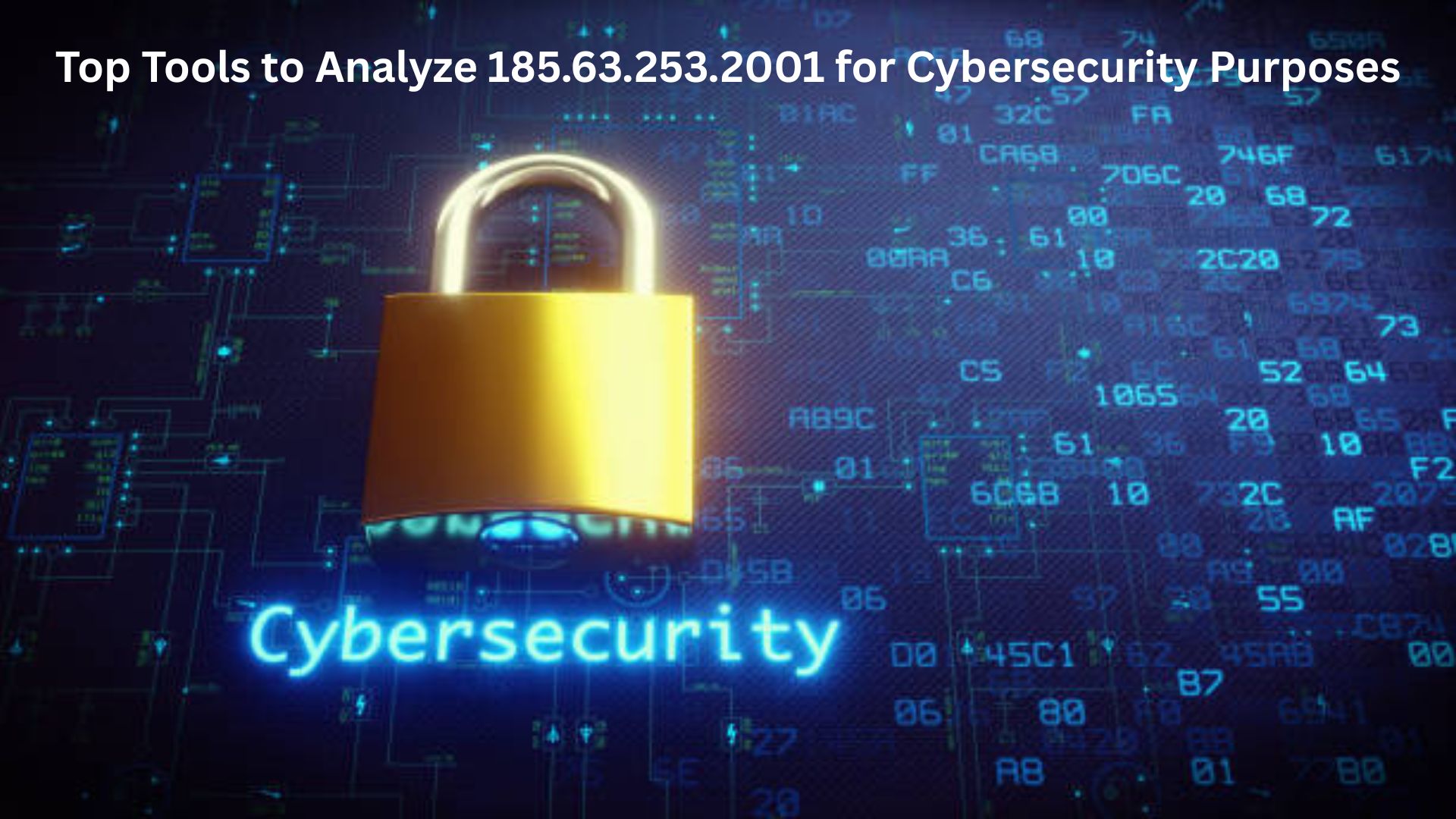The Dark Web and the 12.8kk Dump Mix.txt Leak: What You Need to Know
The internet has become an inseparable part of daily life — but with convenience comes vulnerability. One of the latest and most alarming examples of this digital fragility is the 12.8kk dump mix.txt leak. This enormous dataset, discovered on the dark web, is said to contain millions of compromised credentials such as emails, passwords, and personal information gathered from multiple platforms. Its appearance online has reignited serious discussions about data security and the constant threat posed by cybercriminals lurking in the web’s hidden layers.
What Is the 12.8kk Dump Mix.txt Leak?
The 12.8kk dump mix.txt file is believed to hold approximately 12.8 million records—hence the “kk,” denoting thousands. Rather than originating from a single breach, it seems to be an aggregation of data from various leaks collected over several years. In hacker communities, this type of file is known as a “combo list”, combining previously stolen credentials into one searchable source.
These massive compilations make it easier for malicious actors to perform credential stuffing attacks, where they use stolen username-password pairs to test logins across different services. Since many people reuse passwords, these attacks often succeed—granting hackers unauthorized access to emails, bank accounts, and even workplace networks.
Unmasking the Dark Web
To understand how files like 12.8kk dump mix.txt circulate, we need to explore the dark web — a section of the internet deliberately hidden from standard search engines. Accessible only through specialized tools such as Tor (The Onion Router), the dark web allows users to browse anonymously by routing their activity through multiple encrypted layers.
While anonymity can protect whistleblowers and activists, it also provides a safe haven for cybercriminals. Markets on the dark web often trade in stolen data, malware, fake identities, and illicit goods. Once a database such as 12.8kk dump mix.txt appears there, it can be bought, sold, or shared freely, making it nearly impossible to remove or track.
In short, the dark web acts as both a hub of secrecy and danger, fueling the underground economy of data theft.
How Did the 12.8kk Dump Mix.txt Leak Occur?
The exact source of the 12.8kk dump mix.txt remains unknown, but digital forensics experts believe it was assembled from multiple old breaches. Hackers often gather fragments of leaked information from insecure sites, phishing campaigns, or malware attacks. They then merge these fragments into a single, enormous text file for distribution or sale.
These “mix dumps” are particularly hazardous because they blend outdated and active data. Even if a password was changed years ago, users who continue to reuse it across other platforms could still be exposed. This recycling of old credentials extends the life of every data breach, keeping users vulnerable long after the initial incident.
The Impact and Risks of the Leak
The fallout from the 12.8kk dump mix.txt breach extends far beyond personal inconvenience. Its effects can ripple through industries, governments, and entire communities.
1. Identity Theft Leaked personal information allows cybercriminals to impersonate victims and engage in fraud, such as applying for loans or credit cards.
2. Targeted Phishing Attacks Email addresses found in the dump can be used for phishing campaigns, where attackers send deceptive messages to trick users into sharing even more sensitive data.
3. Account Takeovers Credential stuffing enables attackers to gain entry into multiple accounts belonging to the same person, including banking apps or cloud storage.
4. Business Security Breaches If company credentials are leaked, hackers can use them to infiltrate corporate systems, steal intellectual property, or disrupt operations.
5. Loss of Trust Companies connected to data leaks often face public backlash, leading to reputational harm and potential legal consequences.
How to Check Whether You’ve Been Affected
If you’re concerned that your information may be part of the 12.8kk dump mix.txt dataset, it’s important to investigate safely.
- Use Legitimate Breach Checking Tools Services such as Have I Been Pwned allow you to enter your email address and check if it appears in any publicly known breaches.
- Never Download the File Yourself Accessing 12.8kk dump mix.txt directly on the dark web can expose you to malware or illegal material. It’s also against cybercrime regulations in many regions.
- Activate Account Alerts Most major platforms let you enable alerts for suspicious sign-ins. Turn on these notifications so you can react immediately to unauthorized attempts.
How to Strengthen Your Digital Security
After a large-scale leak like 12.8kk dump mix.txt, prevention becomes the best defense. Taking the following measures can significantly reduce your exposure to future breaches:
1. Change Passwords Across All Accounts Opt for long, complex passwords that combine letters, numbers, and symbols. Consider using a password manager to store them securely.
2. Turn On Multi-Factor Authentication (MFA) Adding a secondary verification step—such as a one-time code or biometric scan—can stop hackers even if they know your password.
3. Update Your Security Questions Avoid questions with answers that can be easily guessed or found on social media. Choose unrelated, obscure responses instead.
4. Review Bank and Credit Reports Regularly Keeping an eye on your financial statements helps you detect fraudulent activity before it escalates.
5. Keep Devices Updated Operating systems and applications regularly release patches that fix vulnerabilities. Skipping updates leaves you open to attacks.
The Role of Governments and Organizations
The 12.8kk dump mix.txt exposure has once again underlined the importance of strong data protection laws and corporate accountability. Regulations such as the GDPR in Europe and CCPA in California have pushed organizations to be more transparent and careful with user information.
Companies are now expected to invest in robust cybersecurity infrastructure, conduct regular audits, and implement employee training to prevent leaks. Governments, meanwhile, are being urged to collaborate globally in tracking cybercriminal networks and shutting down dark web marketplaces. Since many attacks cross national borders, cooperation between law enforcement agencies is vital to effectively combat cybercrime.
Ethics and Awareness in the Digital Age
The rise of leaks like 12.8kk dump mix.txt also brings ethical questions to light. Who bears the responsibility for data security—the user or the service provider?
While individuals should practice smart digital hygiene, corporations have a moral and legal duty to safeguard user data. Many security experts advocate for ethical hacking and bug bounty programs, which reward researchers who discover and report vulnerabilities responsibly.
At the same time, users must embrace digital literacy—understanding that privacy is not a guarantee but a shared responsibility. Every unprotected password, unverified link, or careless click can invite risk.
Final Thoughts: Awareness Is the Best Defense
The 12.8kk dump mix.txt leak serves as a sobering example of how fragile digital privacy has become. As technology evolves, cybercriminal tactics evolve with it. While organizations and governments must continue to enforce stricter cybersecurity measures, individual awareness remains the first line of defense.
If you suspect your data has been compromised, act quickly: change your credentials, enable multi-factor authentication, and stay vigilant. The best protection in today’s connected world lies not in fear—but in informed action.
By understanding the dangers of the dark web and learning from incidents like the 12.8kk dump mix.txt leak, we can all take meaningful steps toward creating a safer, more secure digital environment.




Post Comment